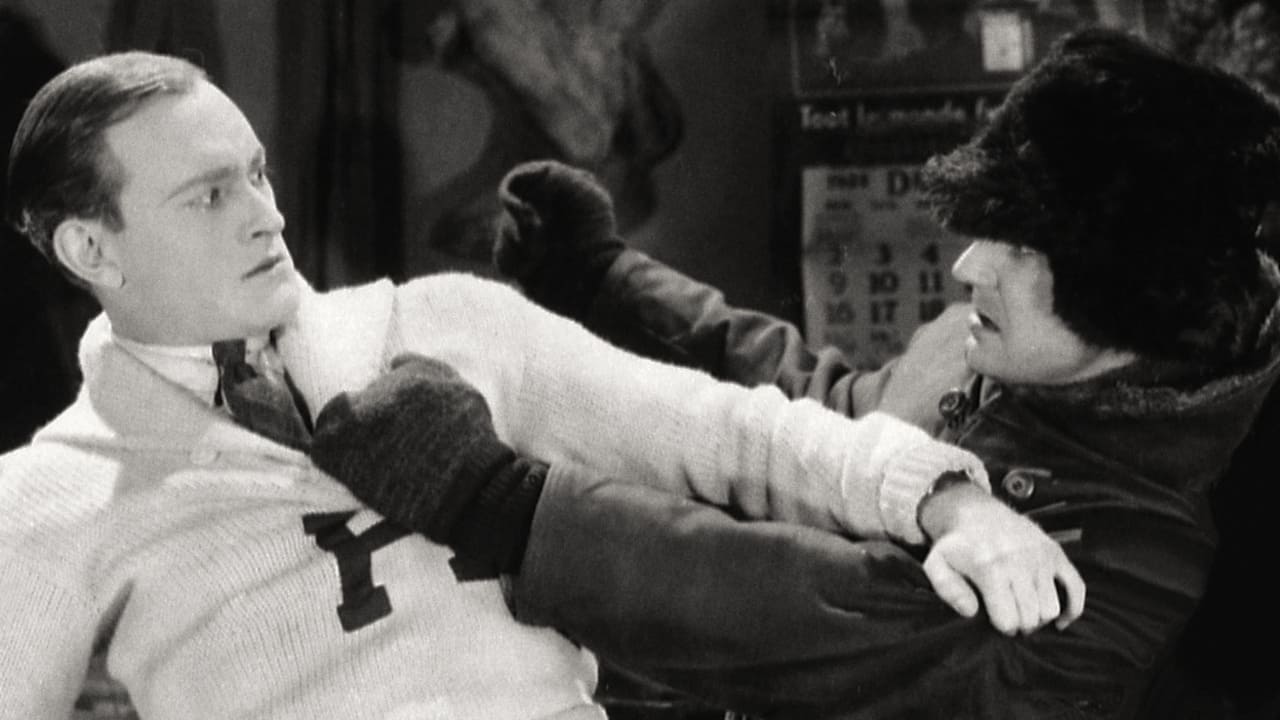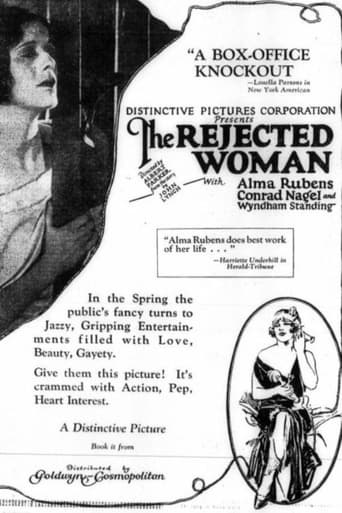Sarita Rafferty
There are moments that feel comical, some horrific, and some downright inspiring but the tonal shifts hardly matter as the end results come to a film that's perfect for this time.
boblipton
One of the mysteries of Hollywood is its seeming profligacy with great talent. The truth is that Hollywood was run by businessman who were looking for product; the more standardized the better for the business model. Yet they were selling art and the truer the art, the more commercial it was. This difficult balancing act between art and commerce caught a lot of great talent in the cogs, chewing people up. Some people were caught at the right moment: Greta Garbo, for example, in the amazing beauty of her youth fascinated the movie camera and let it record her thoughts. The management at Metro-Goldwyn-Mayer recognized what they had. For a decade and a half, she was given their best directors, cameramen and writers and she worked hard. Louise Brooks had a similar mysterious ability, but she never cared until it was too late. Norma Talmadge had it and married Joe Schenck. Marlene Dietrich had von Sternberg. They all worked at their talent and had patronage.And then, there was Alma Rubens.Miss Rubens never really quite captured that performance with a contract and a movie company. She let it go. It disappeared and she died young, squandering her life with heroin. She worked with competent but uninspired people, like the director of this movie, Albert Parker. Yet here, in this rather commonplace melodrama of a backwoods girl who falls in love with a rich, spoiled man, we see her talent and its waste.In brief, still flashes, we can see the deep emotions of her character on display, only to have it dissipated by melodrama: her greed for money for good clothes cut short by title cards; her fear when she realizes the risk she must take in telling her lover the truth, distracted by her over-the-top head dress; and her despair when she has returned to her father's house distracted by a shift to a medium two-shot and a struggle over a necklace with her father. Miss Rubens' talent lived in those close-ups, but she was never given the time to establish intimacy with the audience. The melodramatic story and its insistence on action always butted in. She worked, and the people she worked with knew she had something, but there was no organization willing to nurture that talent. So she destroyed herself.It's all on display in this movieL an exhibition of that great talent in brief flashes with no time or care to think about what happened after this particular movie was done.

